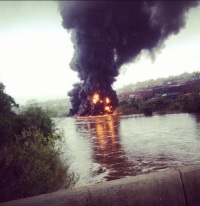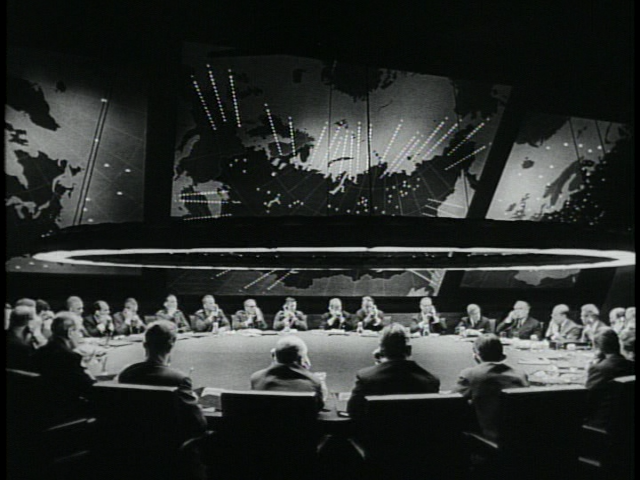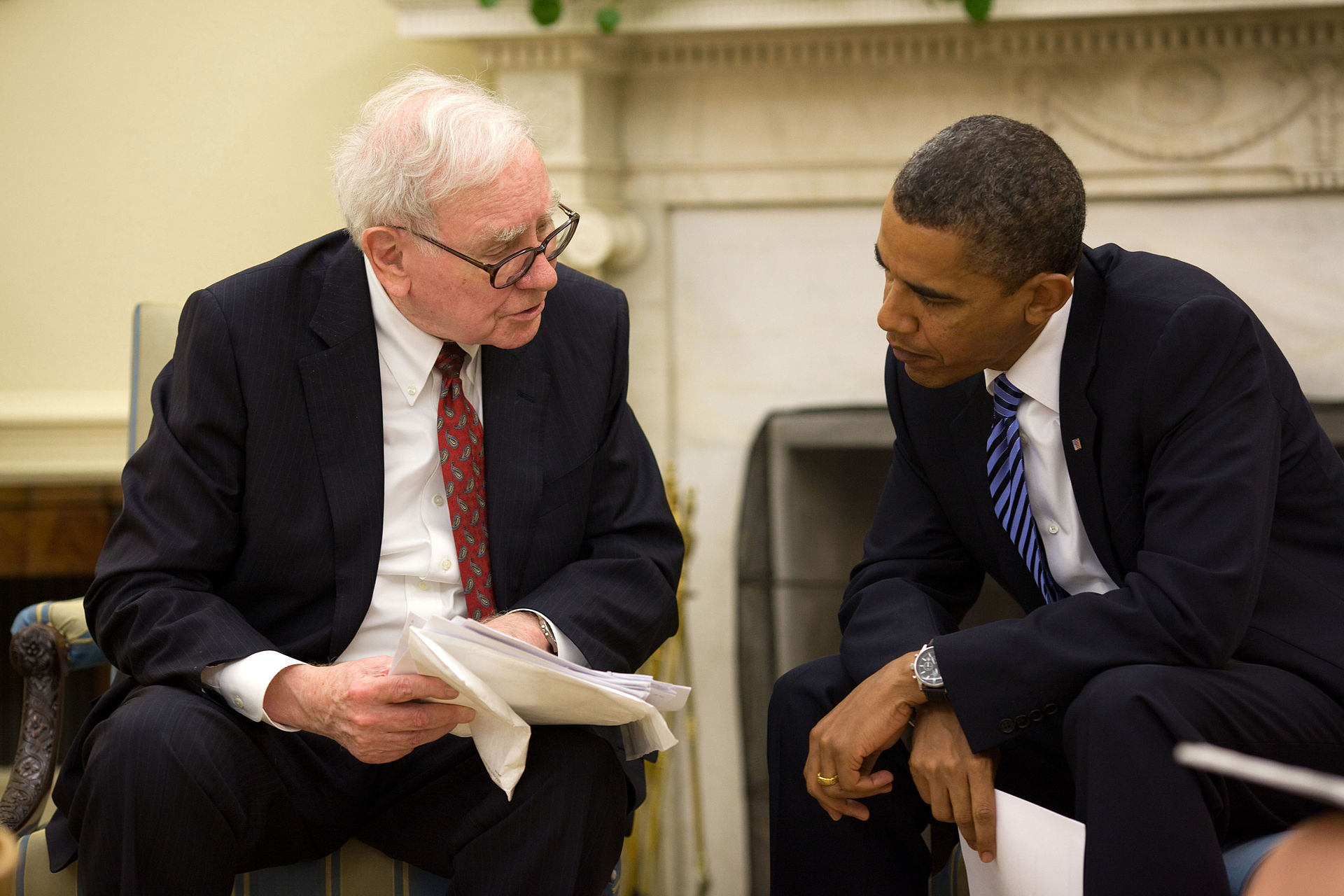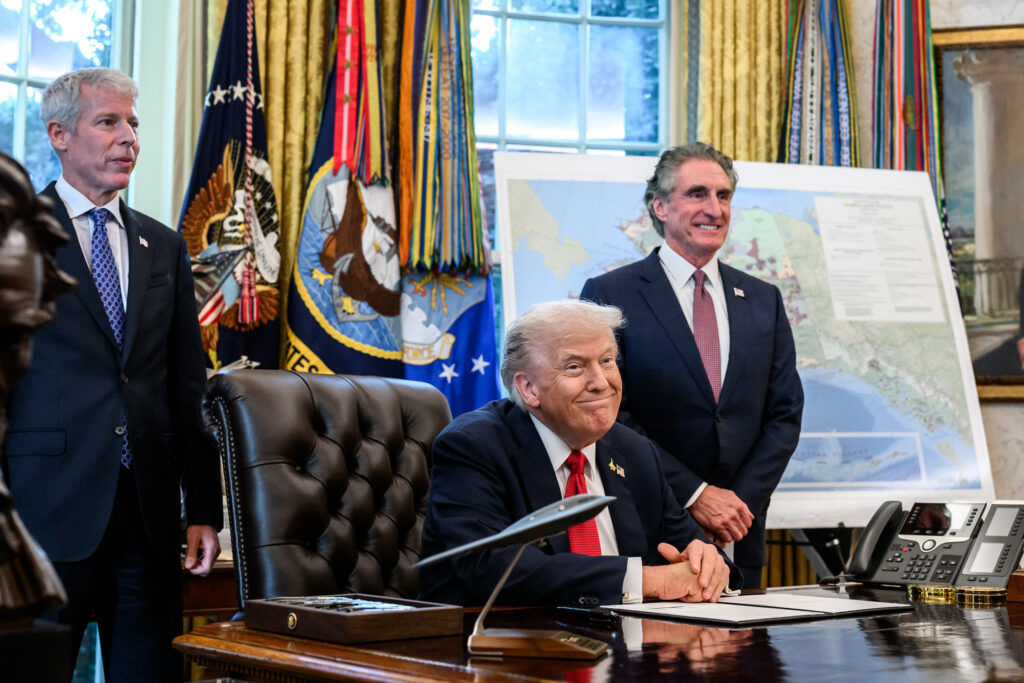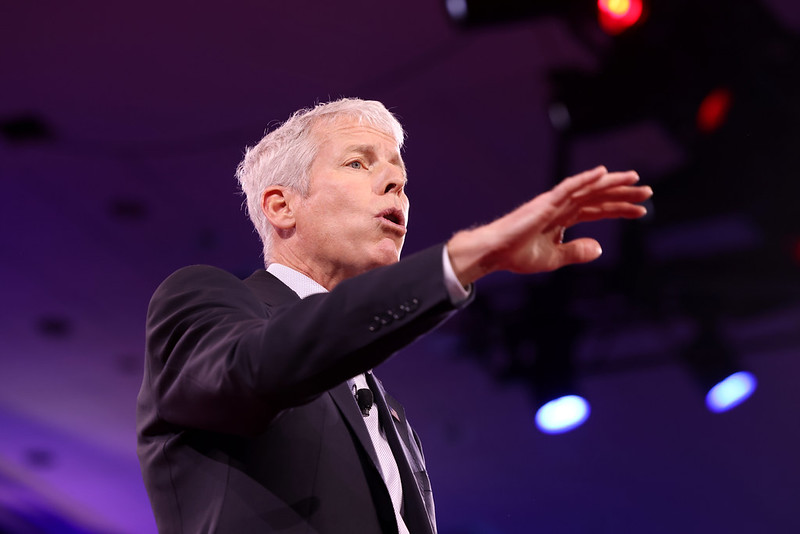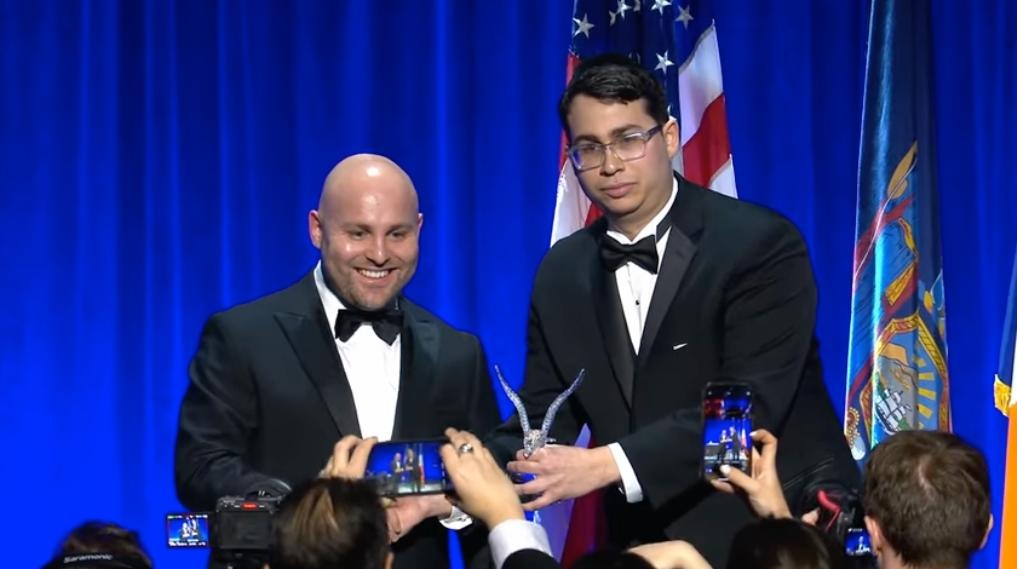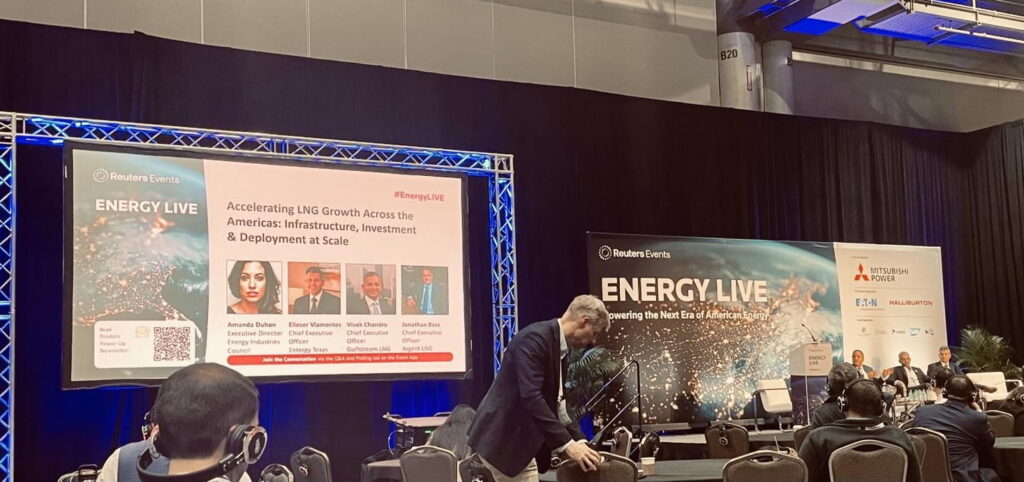The Obama White House Office of Information and Regulatory Affairs (OIRA) has held the majority of its meetings on the proposed federal oil-by-rail safety regulations with oil and gas industry lobbyists and representatives.
But OIRA meeting logs reviewed by DeSmogBlog reveal that on June 10, the American Association of Railroads (AAR) and many of its dues-paying members also had a chance to convene with OIRA.
Big Rail has talked a big game to the public about its desire for increased safety measures for its trains carrying oil obtained via hydraulic fracturing (“fracking”) in the Bakken Shale. What happens behind closed doors, the meeting logs show, tells another story.
At the June 12-13 Railway Age Oil-by-Rail Conference, just two days after rail industry representatives met with OIRA, American Association of Railroads President Edward Hamberg, former assistant secretary for governmental affairs at the U.S. Department of Transportation (DOT), made the case for safety.
“Railroads believe that federal tank car standards should be raised to ensure crude oil and other flammable liquids are moving in the safest car possible based on the product they are moving,” said Hamberg.
“The industry also wants the existing crude oil fleet upgraded through retrofits or older cars to be phased out as quickly as possible.”
Yet despite public declarations along these lines, proactive safety measures were off the table for all four of Big Rail’s presentations to OIRA.
Though private discussions, the documents made public from the meeting show one consistent message from the rail industry: safety costs big bucks. And these are bucks industry is going to fight against having to spend.
Massive War Room
Those present at the June 10 OIRA meeting included representatives from AAR, the American Short Line & Regional Railroad Association, Union Pacific, Burlington Northern Santa Fe (BNSF), CSX Corporation, Norfolk Southern and the DOT.
Akin to the gargantuan war room in the film “Dr. Strangelove,” 26 people took part in the session.
Scene from “Dr. Strangelove”; Photo Credit: Wikimedia Commons
Invitees included Meredith Kelsch, senior attorney for DOTOrest Dachniwsky, associate general counsel for BNSFRobert Schmidt, senior manager of operations and casualty analysis for Union Pacific; and Richard Theroux, who has worked at the Office of Management and Budget — parent of OIRA — for nearly three decades.
“19th Century Technology”
The heading on the first slide of CSX’s presentation for OIRA stated, “ECP brakes are expensive and do not offer material safety advantages.”
ECP is industry shorthand for Electronically Controlled Pneumatic brakes, currently considered the best available brakes in the business.
At a National Transportation Safety Board (NTSB) hearing in April, Richard Connor, safety specialist for DOT’s Federal Railroad Administration (FRA), gave a presentation comparing the conventional air brake system used on most freight trains to the ECP brakes passed over by CSX.
“I’m not sure with the audience if you all understand how the current air brake systems on our freight trains out there operate today, but it’s basically 19th century technology,” said Connor.
Connor also described the performance of the brakes in an emergency situation as “painfully slow” in comparing ECP’s response time to that of the conventional braking system.
“One of the biggest advantages of ECP is that signal to apply your brakes…is going at the speed of light…it’s a much quicker signal,” he said.
Connor also discussed how ECP would “offer material safety advantages” over current technology in an oil train accident, even if expensive.
“For the purpose of why we would want ECP on, say, a unit train like these oil trains, [it’s] to reduce the impact of a derailment or reduce the damages caused by a derailment of these types of trains,” explained Connor.
“[The purpose] is you get a much quicker application, you reduce that kinetic energy involved with that train.”
Speed-Racing
BNSF serves as the Queen Bee in the oil-by-rail world.
Owned by major Obama donor and one of richest men on the planet, Warren Buffett, BNSF has already held two meetings with OIRA in recent weeks.
Warren Buffett (L), President Barack Obama (R); Photo Credit: Wikimedia Commons
When asked about the first two meetings, BNSF spokeswoman Roxanne Butler told EnergyWire, “[BNSF] believe[s] the next generation tank cars should exceed the 2011, stronger new standard known as the CPC-1232 tank car.”
But BNSF avoided the topic of tank cars in its third meeting with OIRA and stuck to another topic instead: train speed. Namely, BNSF told OIRA that reducing train speed costs them money.
And one of the final slides in a presentation given by AAR on train speed is titled “Far Reaching Economic Impacts.”
That slide details what AAR says will be the negative impacts to the greater economy if oil trains are required to slow down on the tracks.
But what of the costs of oil trains traveling at normal speed or above that derail and spill their cargo, increasingly resulting in major explosions?
At the April NTSB conference, Gregory Saxton, chief engineer for rail tank manufacturer Greenbriar, responded to a question about how much of an issue speed was in a derailment involving tank cars.
“Kinetic energy is related to the square of velocity. So if you double the speed, you have four times as much energy to deal with,” argued Saxton. “Speed is a big deal.”
Unattended “Bomb Trains”
In its meeting with OIRA, Big Rail also argued that regulations designed to ensure that oil trains are always attended by a crew are too costly.
As an industry presentation delivered to OIRA says, doing this will “significantly drive up costs.”
The train accident that killed 47 people in Lac-Mégantic, Quebec, which exploded into a massive fireball, was unattended. The cost of cleaning up the aftermath of that disaster may total up to $2.7 billion and taxpayers will foot that bill.
Lac-Mégantic disaster from outer space; Photo Credit: Wikimedia Commons
According to the same presentation, between salary and fuel costs for idling trains, it would cost $105.64 per hour to pay a crew to attend oil-by-rail trains along their journey.
Using those predicted rates, that means it would take 25 million hours of financial compensation for crews to equal the projected clean-up costs in Lac-Mégantic.
Behind Closed Doors
The rail industry offers up claims about how much it cares about safety when speaking to the public. But behind closed doors, the June 10 OIRA meeting makes clear that public relations pitch goes by the wayside in favor of hard-nosed lobbying muscle to avoid accountability.
“With all of the oil-by-rail derailments in the past year, accompanied by deaths, fireballs, spills, toxic smoke and multiple large-scale evacuations, you’d think it’s high time for the concerns of ordinary people to be top priority,” Iris Marie Bloom, founder of Protecting Our Waters and oil train critic, told DeSmogBlog.
“These meetings reveal the opposite is happening: rail and oil industries are lobbying overtime and getting repeated access to their friends in high places while regular people, whose lives are at risk, have no access at all.”
Photo Credit: @jakeholla | Twitter
Subscribe to our newsletter
Stay up to date with DeSmog news and alerts


